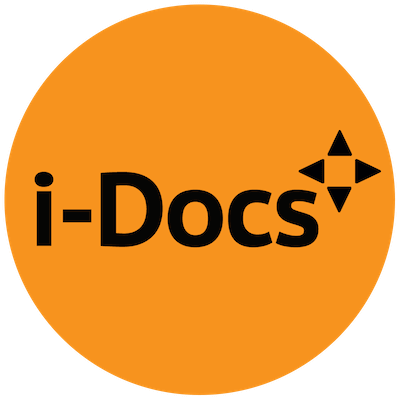The Taxomonies Lab will be held on Friday 23rd at 3 PM, in Watershed 2.
In order to stimulate discussion before, during, and possibly after the event, I would like to share with you the questions that will be discussed during such Lab. If you are interested in those issues you should join us on Friday… but also, remember that this blog is our tool to extend the debate further (to those who cannot come to i-Docs, or to those who want to continue the debate after the event) so… feel free to comment and add to this post!
… back to the Taxonomies Lab. As it is a Lab it will not have a panel format. It should rather feel as a discussion around some selected questions – where each speaker will present his/er position and then open to a debate.
As I have been researching the i-doc field for a while (I am proposing a definition, and a taxonomy, of interactive documentaries in my PhD) I know that “interactive documentary” is a fuzzy concept that means different things to different people. This comes as no surprise, as it is a growing field, and the abundance of terminology around us makes it even more confusing. If you have ever wondered what is the difference between a web-doc, a docu-game, a locative doc, a trans-media doc, an immersive doc, a collab-doc, a web-native doc or an alternate reality doc (to state only a few) then this session might be beneficial to you…. My own answer would be that they are all interactive documentaries, but they use different platforms, different interactive logics and different narrative structures to achieve very different results.
So this is when taxonomies do become handy: do we need to keep a different term for every single i-doc, or can we group them following a common logic? Is this a possible task and, actually, is it a useful one?
The two main themes that will be addressed during the Lab are:
